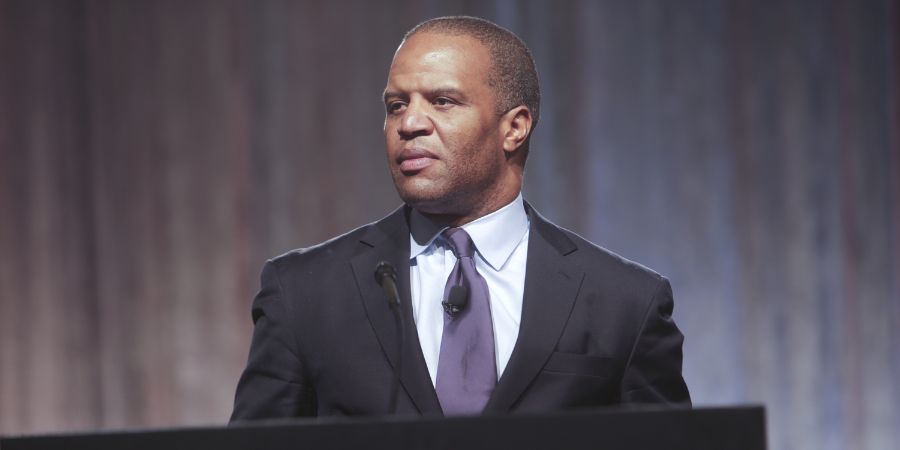Leadership not only affects organizations but also directly impacts the careers of employees within them. For instance, in a small business or large corporation, interactions by leaders with their teams can either be springboards or hindrances. A competent and strong leader fosters self-efficacy, skill acquisition, and advancement opportunities. In contrast, insufficient leadership results to low-f staff morale, confusion, and missed opportunities for growth. Awareness of how career development is shaped by leadership can enable professionals make informed decisions and seek career development conducive environments.
A business’s development support culture largely stems from the attitude of its leaders. When leaders actively take interest in developing the members of their teams, they contribute to a culture of learning and development at the organization. They actively provide training, constructive mentorship, and feedback that builds skill over time. Moreover, in healthy support leadership environments, effort is recognized, performance is guided, and advice that improves role performance is provided. This makes employees feel appreciated, improving their motivation to get even more work done.
How a leader acts impacts the level of comfort a person has when it comes to sharing novel concepts, ideas, or even seeking assistance. In workplace environments where individuals are treated with dignity and respect, employees tend to be more proactive and take initiative in their self-development. Such steps often lead to quicker promotions and enhanced professional networking.
Fostering self-esteem and self-motivation
One’s leadership directly influences the confidence level of employees. Trust from a manager gives an employee a sense of confidence in their abilities. This subsequently encourages them to take on challenges, leave their comfort zones, and grow through experiences. Great leaders don’t just command; they foster, celebrate, and even recognize potential that is yet to be developed before it fully blossoms.
Leadership also has great influence on motivation. An individual who is motivated tends to put in more effort, learn faster, and actively find opportunities to add value. Leaders who show gratitude, set attainable targets, and have a generally positive attitude can improve motivation. With such backing, employees are more likely to stay concentrated, committed, and driven to advance their careers.
Creating Appropriate Opportunities for Promotions
It often appears that career progression happens randomly, but an astute leader knows how to guide opportunities to the appropriate individuals. Effective leaders pay attention to emerging talent and give them opportunities to demonstrate their abilities. They assign key responsibilities, advocate for promotions on their behalf, and introduce them to people who can advance their careers. In the absence of leadership support, even the most talented individuals may find the organizational hierarchy stifling.
Rush can be mitigated by network promotion, personal learning, and goal setting. Career success often starts with the right steps—for example, attending training sessions, completing stretch assignments, or being assigned to high-profile projects. Leaders who actively participate in guiding their teams’ career paths ultimately serve their own interests; they cultivate surer and more devoted employees.
Handling Life’s Challenges and Failures
There isn’t a single professional path that doesn’t have its difficulties; the difference lies in leadership that enables the employee to weather the storm. When something goes wrong, strong leaders concentrate on what can be learned rather than who should take the blame. This enables team members to learn from setbacks instead of being paralyzed by the fear of failure. Assessing challenges productively, exercising patience, and offering guidance help leaders to help employees view challenges as opportunities to learn new skills.
When leaders demonstrate calmness and resilience, they instruct their teams on how to remain composed amidst challenges. These experiences shape character and prepare people for future leadership positions. Experienced, rational guidance through challenges can transform short-term disadvantages into long-term career benefits.
Developing a Professional Identity and Outlook
Leaders do not only supervise activities; they shape people’s self-perception and their possible avenues for growth. With time, leadership assists the development of one’s professional identity. This encompasses self-esteem and the level of ambition one possesses, as well as the trajectory of their career. An impactful leader can foster enduring change by helping others recognize and embrace their potential.
A thoughtful, mentorship-like leader provides constructive criticism and with it, a set direction. Such a leader helps the individual thoughtfully reassess their goals and what they consider personal strengths. Individuals start making proactive decisions towards a carefully envisioned future instead of responding to realities. This feeling makes a significant difference in the unfolding of career paths.
Conclusion
The influence of leadership on career progression can be both profound and permanent. A good and supportive leader will help in developing one’s potential, enhancing self-esteem, and steering the professional through both opportunities and challenges. A leader determines to a large extent the learning, advancement, and self-perception of the employee. It creates the context within which careers are developed and whether people will advance or stagnate. For those wanting to achieve their full potential, finding or becoming a great leader can be life changing.







